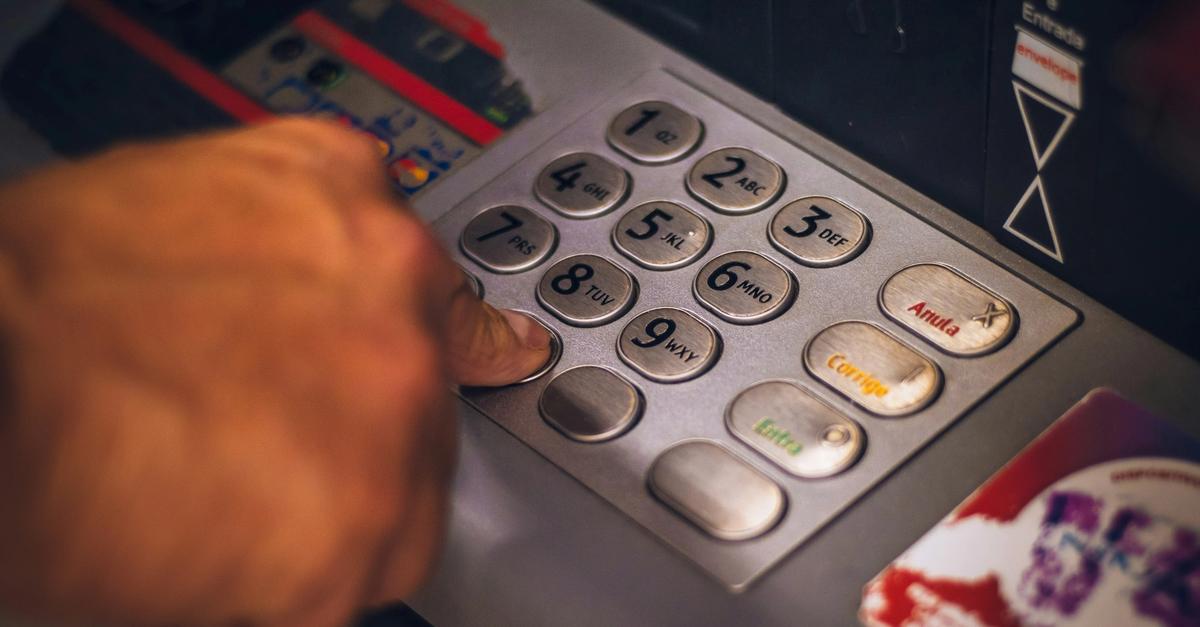Share
What is Credit Card Fraud?


Credit card fraud can come in different forms. The first form is anything that is considered fraudulent activity by the issuing credit card company. This could actually refer to a few things, however, in most cases this will likely refer to a stolen credit card with fraudulent account activity. However, this isn’t the only type of credit card fraud. Besides just stolen account numbers and unauthorized purchases there is also fraudulent activity in which the borrower could be up to no good and has malignant intent. In this scenario the fraudulent activity would actually be against the borrower. Other cases of fraud include maxing out all lines of credit and leaving the country. In that scenario, re-admittance into the same country is quite unlikely until the debt is satisfied.
Settlement Fraud
There are some instances in which consumers purposely went out to charge things on credit cards with the intention of settling on debts later down the line. This scenario is undoubtedly a grey area and some consumers could get in trouble for it or at the very least have a harder time settling the account. This however is still very difficult to prove, because intentions aren’t always measurable in a court of law.
However, when accounts are very new and have not been seasoned for some time, debt relief companies usually need to watch out for the possibility of fraud in rare instances. We usually look for accounts to be seasoned for a certain number of months, especially if they are lending products.
Regardless of whether something is considered fraud, accounts that have not had a substantial amount of payments on them usually have a higher chance of getting litigated. Litigated accounts are more difficult to deal with and typically mean that a client will have less of a reduction than non-litigated accounts.
Fraudulent Companies
There are a number of bad actors within the space at any one given time. However, the industry to date has cleaned up a great deal and gotten its act together (for the most part). Unfortunately, sometimes newer companies with little to no online presence and social accountability can be more likely to scam consumers out of their hard-earned cash. In which case, consumers need to make sure that they do their research before entering into any agreements or giving any company their banking information. There are still many scam callers out there trying to take Americans for their money.
Credit Card Scams
There are numerous scams and ways for tricksters to get a hold of your hard-earned money today. Some scams include phone call scams, chip reader/skimmer scams, etc. etc. It’s not always easy to keep your guard up but when it’s sometimes necessary.
Penalty for Maxing Out Credit Cards
If you max out your credit cards with the intent of not paying anything back or solely to settle the amount for less, you are in earnest being dishonest and could be subject to penalty of law. The pages of pages of terms on the back of your credit card statement will outline what the fines and how prosecution works so feel free to read it over (although it might take you a while). Whenever you max out your credit cards very quickly and begin defaulting, this is a red flag for credit card companies. If that were to occur, the account usually gets transferred internally to the fraud department.
Protecting the Vulnerable
Nowadays, it’s essential we protect the vulnerable segments of our population from common consumer scams. They might not be so knowledgeable and have all the know-how to avoid scams and can be overly trusting over the phone. The elderly and those consumers who might not have the best financial education need to be informed of how to handle these situations to prevent them from getting scammed. It’s not easy but it’s something we can all spread the word about when talking to the elderly (they are typically most vulnerable).